 W
WEnrico Albrici (1714–1775) was an Italian painter of the late Baroque. His surname is alternatively spelled or Alberici or Albrizzi or Albricci.
 W
WOttavio Amigoni was an Italian painter of the Baroque period, active in Brescia. He was trained by Antonio Gandini. Among his masterpieces is a large fresco about the life of Sant'Alberto in the Carmelite church of Brescia, painted with Gandino's son, Bernardino.
 W
WPietro Avogadro was an Italian painter of the Rococo period. He was born in Brescia and trained with Pompeo Ghiti. He is mentioned by the biographer Luigi Lanzi. Among his works are a Martyrdom of Saints Crispin for the church of San Giuseppe in Brescia. He is also sometimes referred to as Bresciano Avogadro.
 W
WPiermaria Bagnadore, also called Pietro Maria Bagnatori, was an Italian painter, sculptor, and architect of the late-Renaissance period.
 W
WLuigi Basiletti was an Italian painter, engraver, architect, and archeologist.
 W
WBonifacio Bembo, also called Bonfazio Bembo, or simply just Bembo, was a north Italian Renaissance artist born in Brescia in 1420. He was the son of Giovanni Bembo, an active painter during his time. As a painter, Bonifacio mainly worked in Cremona. He was patronized by the Sforza family and was commissioned to paint portraits of Francesco Sforza and his wife Bianca Maria Visconti. He is also attributed with producing a tarot card deck for the Visconti-Sforza families. In the past century, art historians have begun to question the authenticity of his works, believing his only two secure works to be the portraits of Francesco and Bianca Maria Sforza. He is believed to have died sometime before 1482.
 W
WMario Bettinelli was an Italian painter.
 W
WGiuseppe Bernardino Bison was an itinerant Italian painter of frescoes, landscapes, vedute, capriccios and some religious works.
 W
WFaustino Bocchi (1659–1742) was an Italian painter, active in Brescia, who specialized in bizarre paintings of dwarfs.
 W
WTommaso Bona was an Italian painter of the Renaissance period, mainly active in Brescia.
 W
WDomenico Bruni was an Italian painter of the Baroque period, mainly active in Brescia.
 W
WSante Cattaneo or Santo Cattaneo was an Italian painter of the Neoclassic period, mainly active in Brescia.
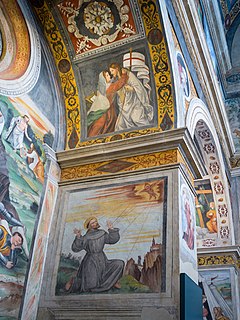 W
WPaolo Caylina the Younger was a 16th-century Italian painter active mainly in Brescia in a Renaissance style.
 W
WAntonio Cifrondi was an Italian painter of the late Baroque, mainly of genre themes. He was active in Brescia and near Bergamo.
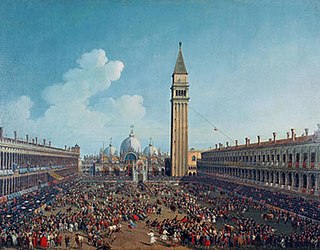 W
WGiovanni Battista Cimaroli (1687–1771) was an Italian painter of rustic landscapes with farms, villas and graceful figures and capricci of ruins and views of towns in the Veneto.
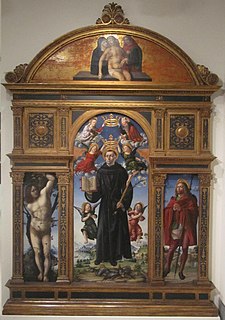 W
WVincenzo Civerchio or Civercio was an Italian painter of the Renaissance, born at Crema, and active also in Brescia, where there are some of his alter-pieces. One of his works is at the National Gallery of Art, Washington D.C., others in the Pinacoteca di Brera, Milan, Italy. He is said to be an imitator of Bernardino Butinone, Bernardino Zenale, and influenced by Vincenzo Foppa.
 W
WGrazio Cossali, sometimes called Orazio Cossali was an Italian painter who worked in Brescia, Cremona, and Venice, active during the Mannerist or early Baroque periods.
 W
WGiorgio Duranti was an Italian painter and cleric of the Baroque period, mainly active in Brescia, where he was born. An entry in Dandolo's study of the late Venetian Republic states a 1755 as year of death, and that many of his works were in the Royal Gallery of Turin, which was the nucleus of the Sabauda Gallery.
 W
WAngelo Everardi was a painter and printmaker active in Brescia in the second half of the 17th century. No paintings have been attributed to him with certainty. He is reported to have been a painter of battle scenes, Bambocciate, i.e. low life genre scenes as well as of history paintings.
 W
WFloriano or Fioravante Ferramola was an Italian painter of the Renaissance period, active mainly in Brescia.
 W
WFrancesco Filippini was an Italian painter from Lombardy. He was much influenced by Tranquillo Cremona.
 W
WVincenzo Foppa was an Italian painter from the Renaissance period. While few of his works survive, he was an esteemed and influential painter during his time and is considered the preeminent leader of the Early Lombard School. He spent his career working for the Sforza family, Dukes of Milan, in Pavia, as well as various other patrons throughout Lombardy and Liguria. He lived and worked in his native Brescia during his later years.
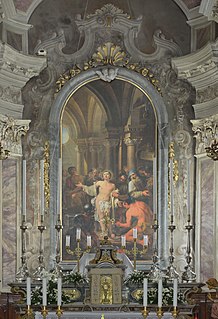 W
WLodovico Gallina was an Italian painter of the Baroque period, mainly active in Brescia. Born to poor parents in Brescia, he was initially a pupil of Antonio Dusi. Under the patronage of Luigi Chizzola and Faustino Lechi, he was sent to be instructed in the Accademia di Belle Arti in Venice.
 W
WLattanzio Gambara was an Italian painter, active in a Renaissance and Mannerist styles. It is likely that Gambara is the same 16th century painter referred to as Lattanzio Cremonese or Lattanzio da Cremona
 W
WAntonio Gandini was an Italian painter of the late-Renaissance period. He was a pupil of the painter Paolo Veronese. In Brescia, his pupils were Ottavio Amigoni, Francesco Barbieri, and Ambrogio Besozzi. He worked alongside Giacomo Barucco. Gandini's son, Bernardino, was also a painter.
 W
WPompeo Ghitti was an Italian painter of the Baroque period, active mainly in and in towns surrounding Brescia.
 W
WGiovanni Pietro da Cemmo was an Italian painter.
 W
WAngelo Inganni was an Italian painter.
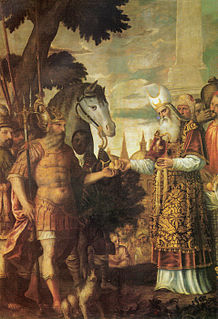 W
WPietro Marone was an Italian painter of the late-Renaissance periods, mainly active in Brescia and Mantua.
 W
WFrancesco Monti (1646–1703) was an Italian painter of the late-Baroque period, mainly active in his natal city of Brescia, as well as Parma.
 W
WAlessandro Bonvicino, more commonly known as Moretto, or in Italian Il Moretto da Brescia, was an Italian Renaissance painter from Brescia, where he also mostly worked. His dated works span the period from 1524 to 1554, but he was already described as a master in 1516. He was mainly a painter of altarpieces that tend towards sedateness, mostly for churches in and around Brescia, but also in Bergamo, Milan, Verona and Asola; many remain in the churches they were painted for. Most are on canvas, but a number even of large ones are on wood panel. Only a handful of drawings survive.
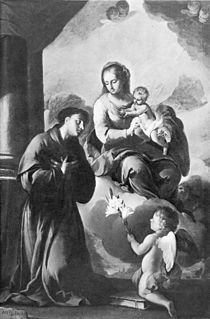 W
WAntonio Paglia is an Italian painter active mainly in Brescia in a late-Baroque or Rococo style. He is the son of the Baroque painter Francesco Paglia. He collaborated with his brother Angelo. He apparently traveled after 1714 to Venice to apprentice with Sebastiano Ricci. By 1718, he has returned to Brescia, where he specialized in painting altarpieces and religious frescos. Among his main works was a large decorative cycle for the parish church of Chiari.
 W
WFrancesco Paglia was an Italian painter of the late-Baroque period, mainly active in Brescia.
 W
WAntonio Pasinetti was an Italian painter.
 W
WGiovanni Renica was an Italian painter, active in a Romantic style.
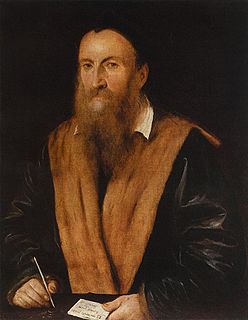 W
WGirolamo Romani (Romanino) was an Italian High Renaissance painter active in the Veneto and Lombardy, near Brescia. His long career brought forth several different styles.
 W
WGirolamo Savoldo, also called Girolamo da Brescia was an Italian High Renaissance painter active mostly in Venice, although he also worked in other cities in northern Italy. He is noted for his subtle use of color and chiaroscuro, and the sober realism of his works, which are mostly religious subjects, with a few portraits, which are given interest by their accessories or settings, "some even look like extracts from larger narratives".
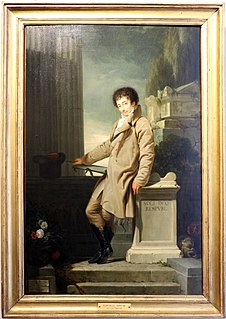 W
WDomenico Vantini was an Italian painter of the Neoclassic period, mainly active in Brescia and Mantua.
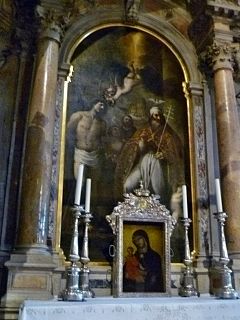 W
WFilippo Zaniberti (1585–1636) was an Italian painter of the late Mannerist period.